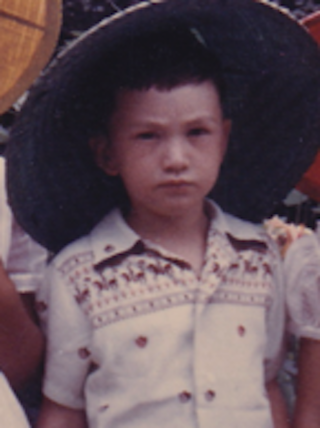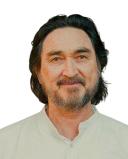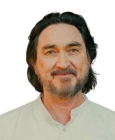Resilience
Still Irish, After All These Years
Asserting our belonging is a way of taking responsibility.
Posted March 20, 2024 Reviewed by Hara Estroff Marano
Key points
- Self definition overcomes others' judgments of who we are
- Inclusion leads to accepting a citizens' responsibilities
- If we're not part of the solution, we're part of the problem
- We need well-being practices while acting for peace and justice

People said some funny stuff to me when I was a child, about my face or my stereotypically Irish name Murphy, especially on St. Patrick's Day. "You don't look Irish," was nicer than "Go back to China!" which others spat out but was still strange. I wanted to tell them I was Japanese, not Chinese, but they were ignorant and I knew they wouldn't care or might even hate me more.
When you're told things like this you might feel a little different, isolated, even alienated. You could become a person who thinks they don't belong. You need people who tell you differently.
As a teenager I encountered the poet Audre Lorde, whose warning I took to heart: If we don't "define ourselves for ourselves we will be crushed into other people's fantasies for us and eaten alive." Though I was often told that I didn't look it or act it, I knew I was Irish because my paternal grandparents were born and raised there. For me, being Irish was listening to stories of colonization and famine of the Great Hunger that took over a million lives and led to the mass exodus from the island.
Being Irish lessened in importance as I became more Japanese through years of living in Japan, but being American was a deeper concern. In my alienation I found myself believing that I was not part of this country. When I learned in my youth what the U.S. government and military had done to Japanese Americans and to other people of color and women, I didn't know how to be American. And when I was confronted with what was being done to the people in Vietnam, it seemed easier to distance and excuse myself.
A personal encounter with an elder, Grace Lee Boggs, helped me to understand that by declaring that I was not American, I was abdicating responsibility for changing things. As a citizen it was my government and my military even when they did things that I did not approve of. I had a voice in determining how my government acted, and if I wasn't part of the solution, I was part of the problem.
I found the words that I needed in the poetry of Langston Hughes: "I, too, am America." Just like all those who are marginalized or oppressed, we too are America. I believed that we can redefine ourselves and our country.
I've often struggled to know how to realize this vision of who I am and where I belong, but recent events have forced me to contemplate and act. One source of inspiration is remembering the days of the Vietnam War, when things were so horrific that monks self-immolated as an act of compassion to bring the world's attention to the suffering there. Another monk, Thich Nhat Hanh, wrote to Martin Luther King to ask for his help. Dr. King's response is a never-ending source of courage, as he spoke out against the war despite heavy criticism. He called this breaking the betrayal of silences by speaking from the burnings of his heart.
How does our heart burn when we see atrocities, unimaginable violence, hunger and terror knowing that our government is complicit? How do we feel when hear political leaders describe certain people, those of other religions or races or immigrants in unhuman terms?
I need to find practices for sustaining well-being while facing these horrors and acting for peace and justice. I think that we have to discover our own ways of asserting our belonging and showing up with our hearts and minds engaged and ready to act. I am heartened by the courage and commitment of others to keep hoping, praying, and doing what I can.


